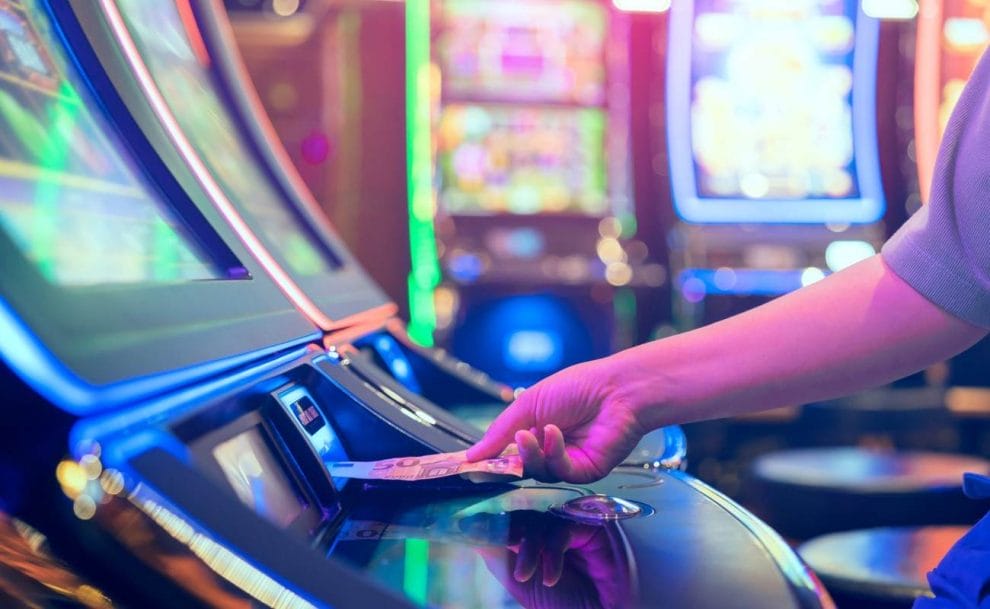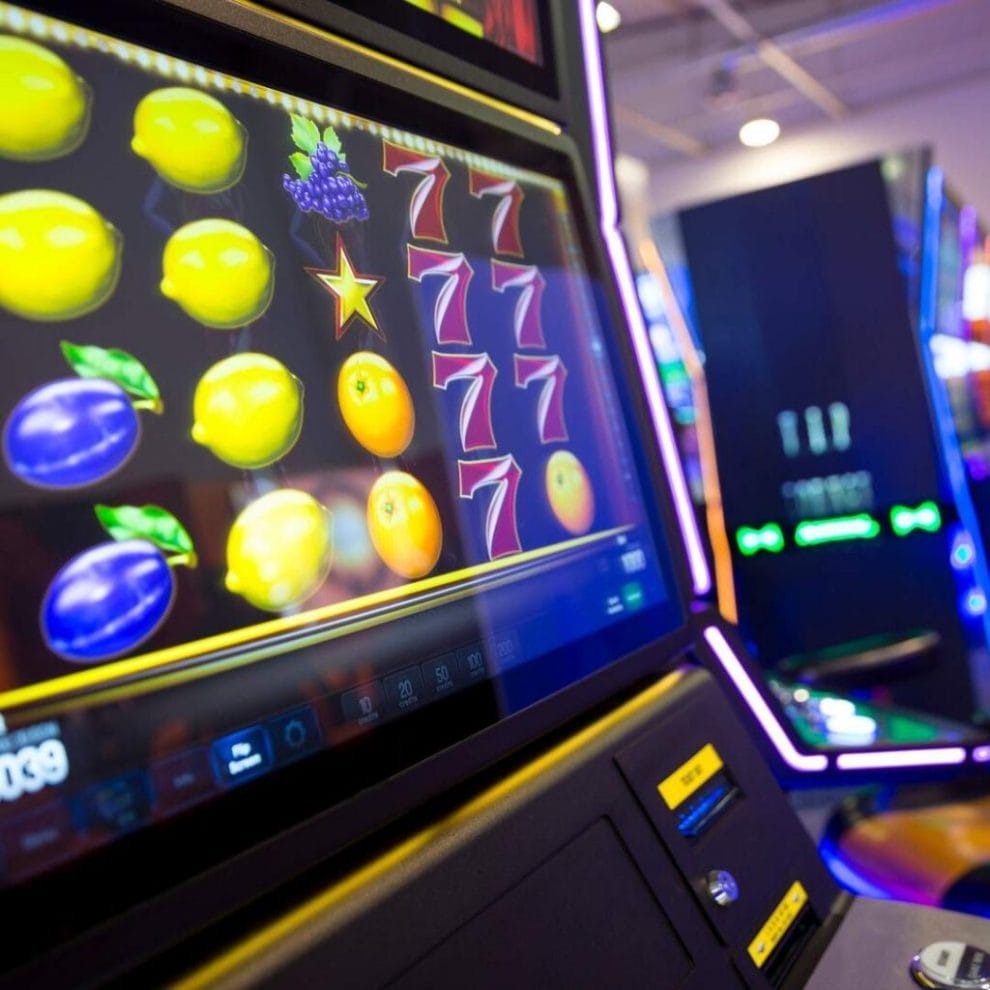
Whether you’re playing online slots or physical slot machines, there’s no doubt that slot machines are a lot of fun. You may have even had such a great time playing that you’d have barely noticed time fly by. But have you ever wondered, “why are slot machines so addictive and fun?”
We take a look at the psychology of slot machines so you can better understand the science of slots and how game developers create these extremely exciting physical and virtual games of chance.
Pavlovian Conditioning
Russian physiologist Ivan Pavlov is well known for his theory of classical conditioning. This theory describes how you can train a subject to automatically respond to a specific stimulus.
In Pavlov’s case, he accidentally stumbled upon his discovery when conducting research on the digestive process of dogs. During his experiments, he learned that dogs would initially only salivate when food was placed in front of them but that they began to associate certain sounds with their food and salivate before they got their food.
Game developers have tapped into this idea by using certain visual and audio cues to let us know when the spinning reels and excitement is about to begin.
Intermittent Reinforcement

There is a psychological principle called the law of effect that was developed by Edward Thorndike. This principle describes how if a positive result occurs after a certain action, a subject will want to continue doing that action, while if a negative outcome occurs, a subject will want to avoid doing that action.
With this in mind, you’d think that most people would avoid games of chance like online slots for real money since the outcome for most gamblers is usually negative. However, this is because the law of effect is not the best way to reinforce a behavior.
The best way to reinforce a behavior is by using a practice called intermittent reinforcement, also known as a partial reinforcement schedule. This is a practice that is used to maintain a certain pattern of behavior once it is established by only offering rewards irregularly. This intermittent reward encourages the subject to perform a certain action more in order to get the desired reward.
This idea was tested by teaching rats how to pull a lever for food. Once the rats had learned that they would get food every time they pulled the lever, the experiment was changed to see how the rats would react if no food was given. Eventually, the rats lost interest in pulling the lever since there was no reward for doing so. However, if the rats were randomly given a reward, they wouldn’t stop but would instead keep on pulling the lever, hoping that a reward would come out.
This same principle can be applied to slot machines. Rather than giving a player regular small wins on every spin, a slot may reward a player with less frequent moderate or larger prizes to keep them playing.
The Near-Miss, or Near-Win
Another practice that connects with the idea of intermittent reinforcement is that of the near-miss, also known as the near-win. A near-miss is basically when you narrowly fail to achieve a win, and if a situation or luck had been slightly different, you might have walked away with a positive result. For example, when a three reel slot reveals two of the same symbol, but then the final reel stops on a different symbol, this would be known as a near-miss.
When this occurs, many people incorrectly believe that a more positive result is just around the corner, when in reality, the result of your last spin has absolutely no influence on the outcome of your next spin. Since they “almost won,” they will carry on spinning the reels with the hope of getting a win in the near future.
The Flow State

Flow state is basically a mental state where you are so deeply focused that you lose track of time, resulting in very long periods of time passing, with the person being unaware that this is the case. This mental state can occur when a person becomes “lost” in a creative endeavor, a physical activity or even a game.
The flow state is another psychological tool that many slot game developers try to use to their advantage. By crafting such an engaging experience, players will spend long periods spinning the reels of a slot machine without being aware of how much time has actually passed.
Dopamine and Gaming
Dopamine is a type of neurotransmitter that also acts as a hormone. It is strongly associated with pleasure and rewards which is why it is also known as the “feel-good” chemical. It is released when you do something that you enjoy or find exciting, which results in you seeking out that behavior again.
While dopamine is usually released when engaging in activities like eating, sex and exercise, it’s also released when you play games. All games, not just casino games, are fun and exciting and cause the release of dopamine.
However, some games, like online slots machines, are designed to feel especially rewarding, with the visuals and sound effects specifically designed to enhance any positive interaction you have with the game, which in turn likely releases more dopamine than other activities.
A Low Learning Curve
Slots are known to have a low or shallow learning curve, which means that there isn’t a lot that you need to know in order to master a particular slot machine. In other words, learning how to play a slot game is quick and easy. This is one of the reasons why online slots are so popular. By lowering the barrier to entry, slots become accessible to a wider range of players. This means that more people are likely to play, which in turn means they can earn a casino more money.
Be Aware of Gambling Addiction

While slots and other casino games are designed to ensure you have a great time, this can sometimes lead to gambling addiction. A player may not even consciously be aware that they have a problem and might even demonstrate cognitive dissonance around their hobby, thinking that they are completely in control of it when in reality, they are not.
Here are some signs of gambling and slot machine addiction you should keep an eye out for:
- Planning your life around gambling
- Betting larger and larger amounts of money to have the same amount of fun
- Putting relationships, work, studies or your health at risk because of gambling
- Chasing your losses when you have a bad run of luck
- Not being honest to those around you about how you gamble
- Experiencing withdrawal symptoms when you cut back on casino games
- Asking others for money, either so you can gamble more or pay your bills
If you suspect you may have a problem, be sure to take a look at our responsible gambling resources for information on problem gambling and how you can get help. You can also consider these exercises to help you take breaks when playing slots online.
Have a Great Time Playing Slots Responsibly at Borgata Online
Now that you understand the inner workings of slots, whether you play them at a real or virtual casino, if you’re looking for the most exciting jackpot slots, you can find them at Borgata Online. We offer a variety of exciting games in a whole range of themes, including slots based on the mysteries of Ancient Egypt, dastardly and dangerous pirates, powerful mythological beings of the past, the riches of Ancient China and many more.
Register at Borgata Online and you’ll find a whole new world of gambling thrills!
